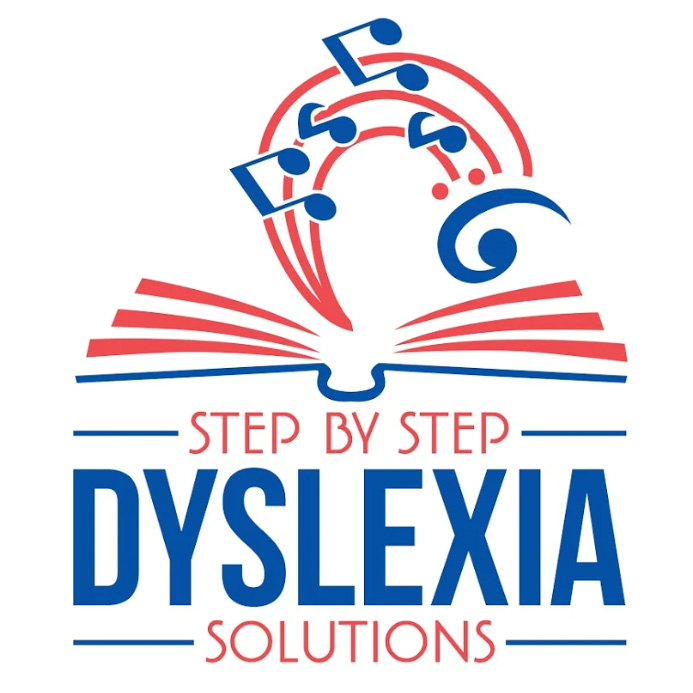Teens with Dyslexia and Executive Functioning Deficits

Overcoming Dyslexia
When children enter school, they should have some training at home to begin reading. Most children are learning letter names and sounds and learning their alphabet. They should be learning to rhyme. When they enter kindergarten, things are fine, even with the onset of dyslexia. But when those kiddos reach first grade, they immediately begin feeling the learning difference, and self -esteem begins to drop. Students need to be reading at grade level by fourth grade because if not, they rarely catch up. They are at risk of dropping out of high school, even going to prison.
When students begin middle school, it is very scary for them when they are behind. I saw a lot of dyslexic students when I taught middle and high school. The thing is, they generally don’t want to be told that something’s wrong, even when they know something is. We had a great English teacher that bonded with one middle schooler who had dyslexia. But I just couldn’t get him to agree to come in early for tutoring to help him read. The second half of the school years, Middle School, can be quite demanding and frustrating.
I want to share some indicators of dyslexia in the hope that you can speak to your wonderfully, bright, creative dyslexic teenager. Knowledge is power, and when the learning difference (that’s all it is remember), and let him or her know there are specific ways to help with reading.
These are typical indicators of dyslexia, often exhibited with executive functioning problems (lack of organization skills):
- The teenager has to read a class assignment multiple times before understanding.
- The teenager has trouble planning/scheduling/pacing school assignments and deadlines.
- The teenager argues that the teacher did not tell him/her about an assignment when in truth, he did. (other students heard it and did the assignment).
- The teenager has issues learning a different language.
- The teenager has issues comprehending math skills, even basic multiplication, and especially word problems.
- State tests don’t reflect the scores the student earns in class.
Teachers begin teaching executive functioning skills in middle school, how to take notes, how to organize a binder (or more), and how to use an assignment planner. Some schools pride themselves in these with the school name on them. They are pretty cool. But the student needs help taking it out, completing it, and checking off the work when completed. Some parents even initial the agenda daily until the student develops this skill to be more independent.
Please, parents, talk to your teenager in your best tone, offer incentives for recognized achievements, and get the students to follow up with homework and class assignments. Show her how to check off completed work. (Some teachers are masters at this and help students but work not turned in is work not completed.) I even heard a Special Education student hid his homework in the cupboard! What’s with that?
If you find that your teen is not receiving organization instruction from his teacher, have a talk with the teacher. Especially when students have dyslexia, they lack organization and notetaking skills. If the problem persists. If the problem continues to exist, seek an evaluation for dyslexia. Come see me, I will assess your child online.
How is Your Communication with your Teen?
The pressures of middle school can be very stressful. Teens don’t want to tell parents if they are bullied, or if they are struggling with school. Even if both parents work, it is still important to check in with your teens. Dinners together is a great time to sit down together and talk. Let your teen know he/she is your priority.
Encourage teens to speak to their teachers if they don’t understand but please don’t be afraid to join your teen and speak to the teacher together. (high school is much different, but middle school is still where you are needed.)
Talking to their parents about dyslexia can be challenging. Does your teen know if he/she has it? It’s okay to tell him. Do you know how to recognize it? Click here to order my book, A Message of Hope, How Music Enhances Reading for Dyslexic Students. 
Always let your teen know that you are there for him. Encourage them that we all go through growth times, sometimes are harder than others. Get him excited about high school if he is an older student.
Finally, keep an eye on your child’s friends. Have them come over. Be sure they are good friends, not into drugs, and drinking. Have conversations with them. Ask about them. Show an interest in them too.
One time my daughter had nail marks on her arm and it turns out a “friend” who had acrylic nails (yes, in Middle School!) was being mean. Because I had a good relationship with my daughter, I insisted we go to talk to the girl’s parents. We drove there and the parents were horrified. They gave the daughter a consequence and had her remove the nails. Friendship over too. I think they moved.
I love middle schoolers. Such a special time in life, to have fun, learn, and enjoy being a kid.
Just know if your child is dyslexic, it’s okay to tell him/her. (click here to read about assessing your child.) Then we know how to handle the intervention.
